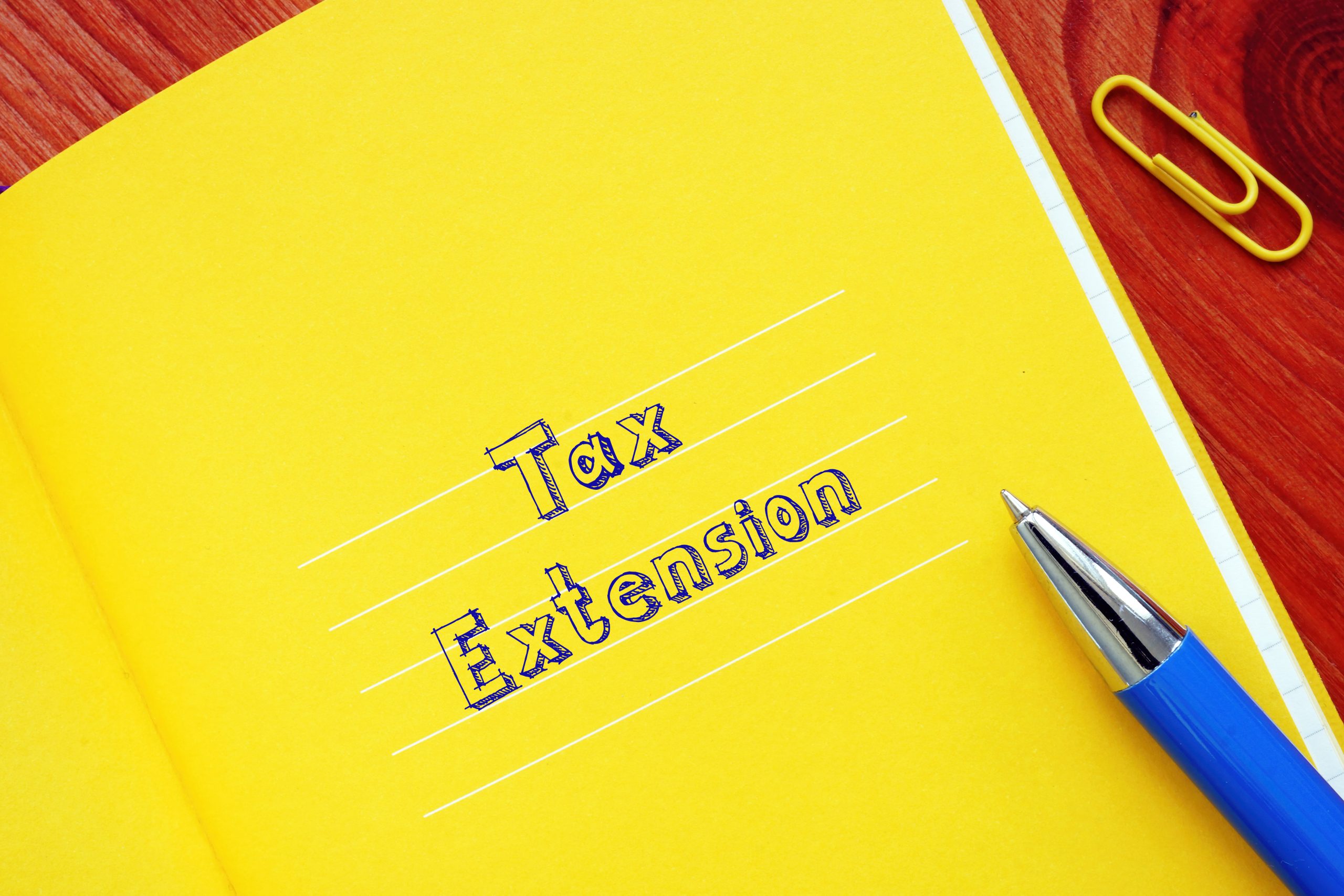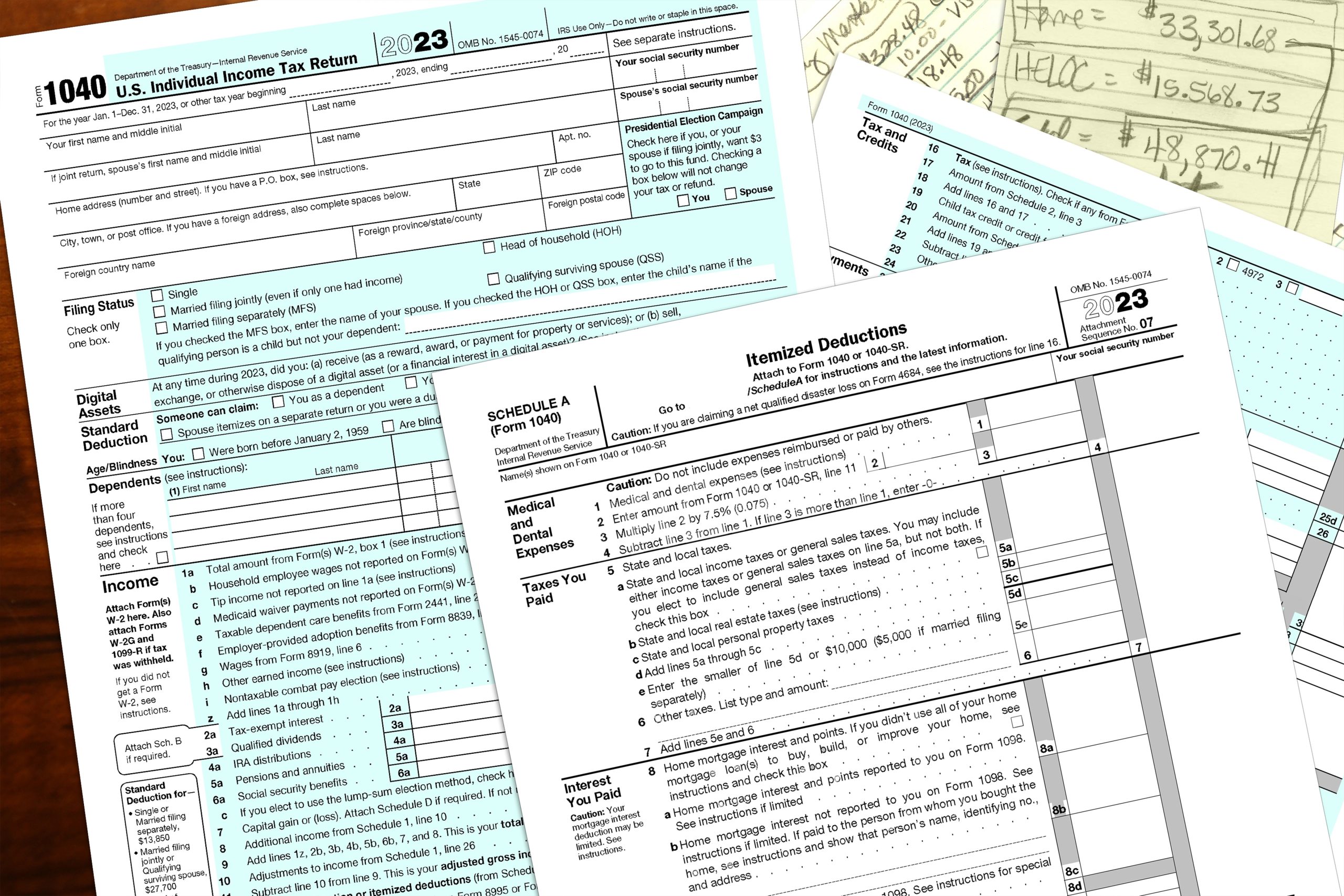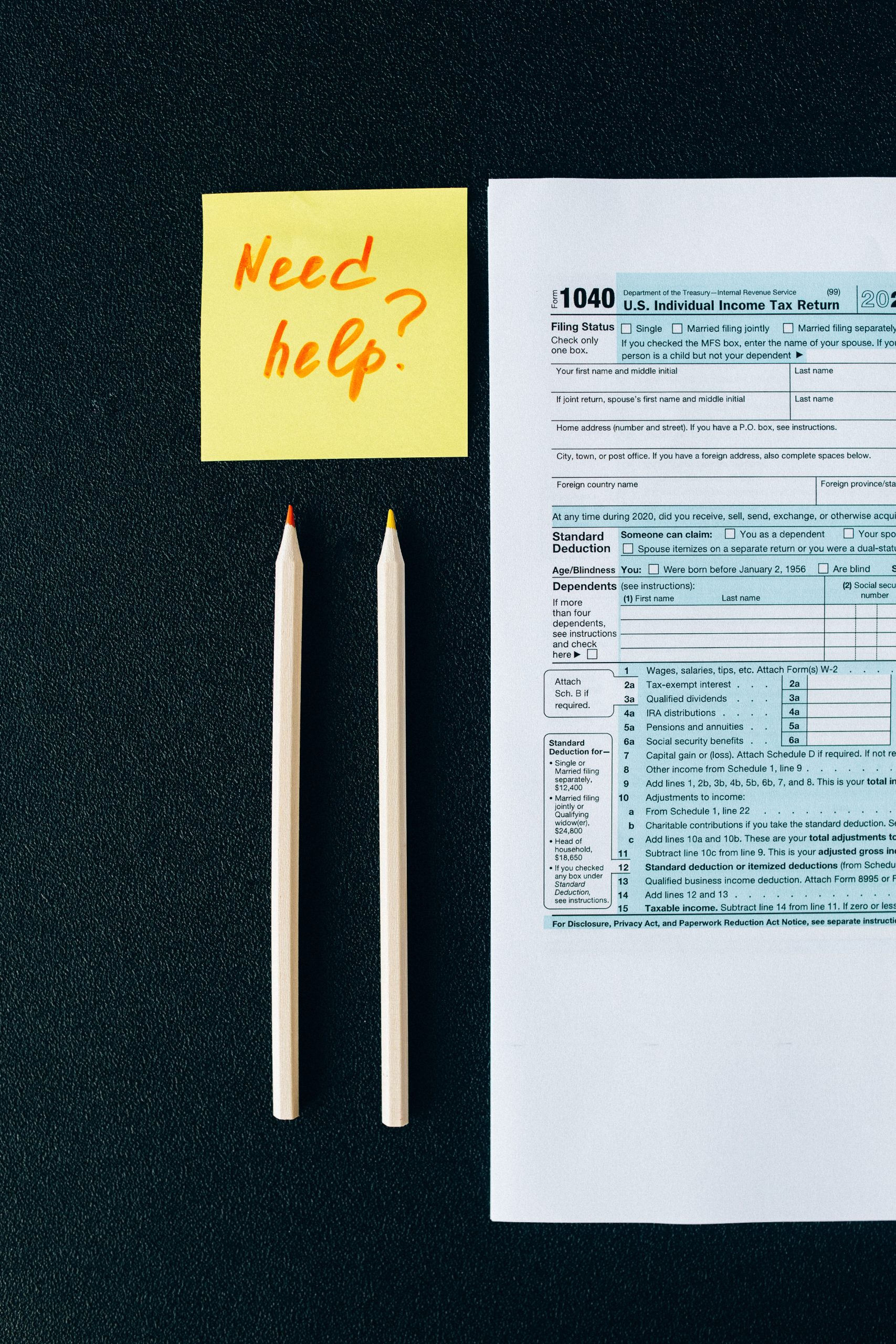While owing taxes at the end of the year may come as a shock, it doesn’t need to be stressful! If you end up owing more in taxes than you can afford to pay, you typically have three options to either delay payment or reduce what you owe:
- Set up a payment plan
- Negotiate an offer in compromise
- Apply for currently not collectible status
First, pay as much as you possibly can by the due date to save on interest and penalties. Then, you can pay the remaining balance over time using one of the options above.
In this article, we’ll look at all three options available to see which is the best fit for you.
Set Up a Payment Plan
If you can’t afford to make a lump sum payment to the IRS, you may want to consider setting up a payment plan agreement. This allows you to pay your tax debt over several monthly payments. There are two categories of payment agreements:
- Long-term (more than 180 days) – To qualify, you must owe $50,000 or less in total taxes due, including penalties and interest. In addition, you must’ve filed all of your required tax returns to date.
- Short-term (180 days or less) – To qualify, you must owe less than $100,000 in total taxes due, including penalties and interest.
While a payment plan is a great way to keep the IRS off your back, you will still owe penalties and interest associated with the late payment while paying down your debt.
In addition, if you choose to apply for a long-term repayment plan, there are typically set-up fees associated with the application.
Negotiate an Offer in Compromise
An Offer-in-Compromise allows you to settle your tax debt for less than the full amount you owe. However, in order to get the IRS to accept the offer, you have to prove that you can’t afford to pay or doing so would create a financial hardship.
When determining whether or not someone qualifies for an offer in compromise, the IRS considers the following:
- Income
- Expenses
- Ability to pay
- Asset equity
If, based on this information, the IRS believes that the amount you offer represents the most they can expect to collect from you within a reasonable period of time, then they will likely accept your offer.
This is a great option for those who have a large tax bill and not many assets. However, it does come with a few caveats, including paying a $205 application fee when applying.
For an offer in compromise, you can choose to pay in a lump-sum amount or make periodic payments.
In summary, an offer of compromise can be stressful, but it may be worth it, depending on how much you owe and your ability to pay.
Apply for Currently Not Collectible Status
If you’ve run into financial hardship and truly can’t afford to pay any of your tax debt, then you can also file for currently not collectible status. While the IRS considers everything on a case-by-case basis, some of the ways you may be eligible for this status include:
- You currently have no income
- You have very little income or no income after covering your monthly expenses
- You only receive income in the form of Social Security, welfare, or unemployment
Currently not collectible status temporarily delays the collection process. Therefore, while you won’t get bombarded with calls and mail from the IRS, your debt will still be accruing interest. Once you’re in an improved financial situation, you will have to start paying on the debt owed.
The good news is that the IRS only has 10 years from the initial assessment of a debt to collect it. So, if you can prove that you truly can’t pay your tax debt for 10 years, then you may end up not having to pay anything.
Do I Need Professional Help If I Can’t Pay My Taxes?
Getting a letter from the IRS that you owe money can be confusing and frightening. As you can see, you have plenty of options to help if you can’t pay the IRS on time. However, choosing the right option for your circumstance isn’t always easy.
With FIleSmart, you get the added benefit of IRS Shield, which provides help and resources should you end up owing the IRS. Our team of tax professionals will review your individual case and propose a plan of action. We’ll even communicate with the IRS for you! Get started with FileSmart today!































0